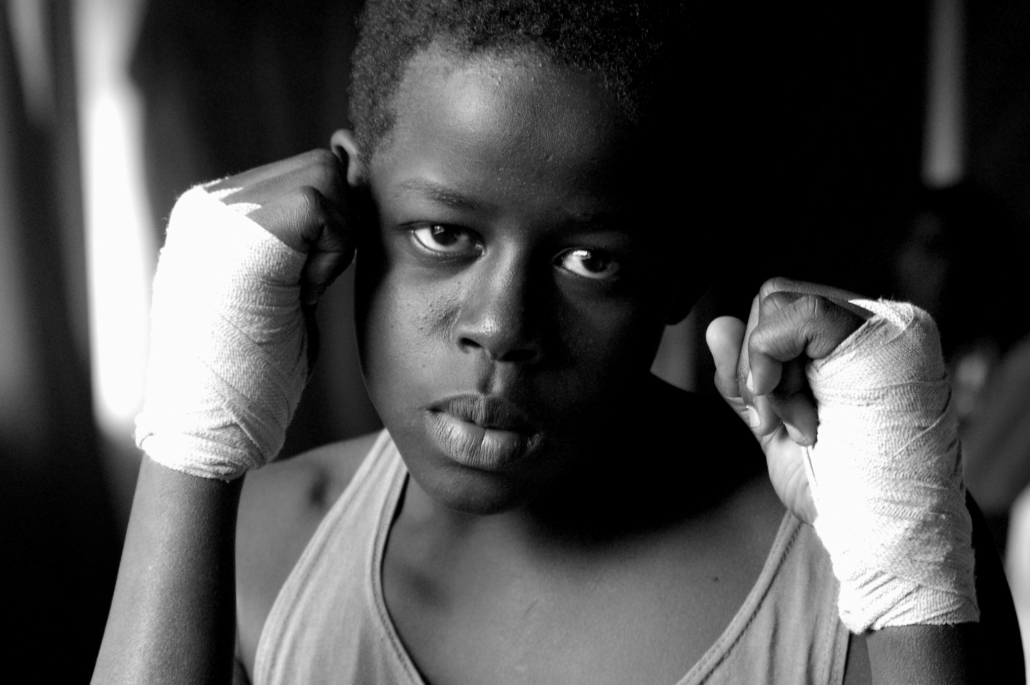4 Professional Athletes Who Grew Up Impoverished

The world’s population of human beings is vast and immensely complex. Across the planet, thousands of different languages, religions and traditions contribute to the everyday lives of its people. However, nearly all civilizations have one thing in common: sports. Since the development of the most ancient civilizations, humans have created numerous ways to come together and pass the time with recreation. It continues to be a major aspect of society today, so much so that athletes such as Argentinian soccer player Lionel Messi receive as much as $127 million per year. It is no secret that professionals like Messi are some of the highest-paid individuals in the world, but many of them had extremely difficult upbringings. Here are four professional athletes who grew up impoverished and used their past as motivation for the improvement of their future.
4 Professional Athletes Who Grew Up Impoverished
- Pelé: Pelé, one of the greatest soccer players of all time, has helped his Brazilian team win three World Cups throughout his career. He was born in Três Corações, Brazil, in 1940. He lived in extreme poverty during his childhood and developed most of his early soccer skills by playing with a makeshift bundle of rags that hardly resembled a soccer ball. Pelé’s story is a prime example of how a common cultural element such as recreation has the power to propel someone into an entirely new way of life. In 2018, Pelé launched a self-named foundation “to help children of the world better their lives as people in [his] childhood helped [him] to better [his].” The Pelé Foundation has since partnered with Pencils of Promise and Charity: Water to fulfill its mission of helping the world’s impoverished youth.
- Bibiano Fernandes: Bibiano Fernandes, also known as “The Flash” for his ability to finish fights so early, is one of the most successful fighters in both Brazilian Jiu-Jitsu and mixed martial arts (MMA). He was born in Manaus, a city located near the Amazon rainforest. After his mother died and his father abandoned the family, 8-year-old Fernandes took to the jungle as a means of survival. He lived off of the land for approximately two years before returning to the city. Once he went back to Manaus, he worked as a window washer. During this seemingly hopeless point in his life, he met a group of men who practiced Brazilian Jiu-Jitsu. They accepted him into their training group and he grew into a champion. For a child who took to the forest to avoid starvation, the grappling sport was a lifeline, an opportunity for Fernandes to quite literally fight his way out of poverty. Today, he aims to reach retirement and continue to provide for his wife and children. He prides himself on having worked hard for his accomplishments and encourages his fans to pursue their goals regardless of how impossible they may seem.
- Yasiel Puig: Yasiel Puig has played for three major American baseball teams: the Los Angeles Dodgers, the Cincinnati Reds and now the Cleveland Indians. His nickname is “The Wild Horse” because of his unpredictable, exciting way of playing. Born into poor conditions in Cuba, Puig developed an interest in baseball at a very early age. His desire to escape his hometown and play for Mexico resulted in a journey that would change his life forever. At the age of 21, Puig snuck out of Cuba on a cigarette boat. What should have been a relatively smooth journey became complicated by the fact that the smugglers did not receive the pay they were to receive for transporting the baseball player. Restless and angry, they held him captive, occasionally threatening to cut off an arm or a finger so that he would never play baseball again. Several long, difficult weeks passed before Puig finally reached his destination. A staged kidnapping ambushed his captors and soon landed Puig at his audition to play for Mexico City. Puig proves that no matter how treacherous life’s ventures may be, the child inside remains alive and strong enough to push one forward towards their wildest dreams.
- Kassim Ouma: Kassim Ouma has one of the most unique stories among these professional athletes who grew up impoverished. He was born in Uganda and lived in extreme poverty until the age of 6 when his life abruptly flipped upside down. It was at this age that the National Resistance Army kidnapped Ouma, a militant force revolting against the Ugandan government. The resistance forced him to fight as a child soldier until the war ceased roughly three years later. Once he returned home, he began working to build a better future for him and his family. He took up boxing and trained his way to the Ugandan national boxing team, and later decided to stay in the U.S. after visiting for a tournament. Ouma serves as an example to all that even the darkest beginnings can lead to light at the end of the tunnel. He now uses his influence to advocate for change in Africa and runs a charity organization called Natabonic, which helps to fund education for his friends and family in his home village of Maga Maga.
These professional athletes who grew up impoverished serve as reminders that with hope and compassion, one can fight (and win) even the most impossible battles. Of course, not every starving child on the planet is going to become a world-renowned athlete and sports will not lead all participants out of poverty. However sports can be a path to a better life and these stories emphasize that recreation brings people together, and where people come together, anything is possible.
– Harley Goebel
Photo: Flickr
